Tokyo 2020: Is Japan’s Olympic Dream Including Everyone?
A Tokyo Mom Ponders Japan's Olympic Unity
Is Japan’s Olympics dream just a facade?
Japan has already scored an Olympic-first for 2020 by parading the flags of the Tokyo Olympic and Paralympic Games around the country in its original “flag tour.” Each of Tokyo’s wards is holding a public ceremony to welcome the flags and briefly place them on display in a move designed to create a sense of unity ahead of the big event. The flags are due to travel around Japan and have already been to Fukushima, Miyagi and Iwate prefectures, the three prefectures most severely affected by the March 2011 Great East Japan Earthquake.
Excited and positive in spirit, I took my daughters to the flag tour ceremony at Tokyo’s Toshima Ward office in Ikebukuro in February. I was impressed by the size of the flags and the beauty of their fabric, and I shared my anticipation with the other 800 participants, excited about the many possibilities the Games may hold.
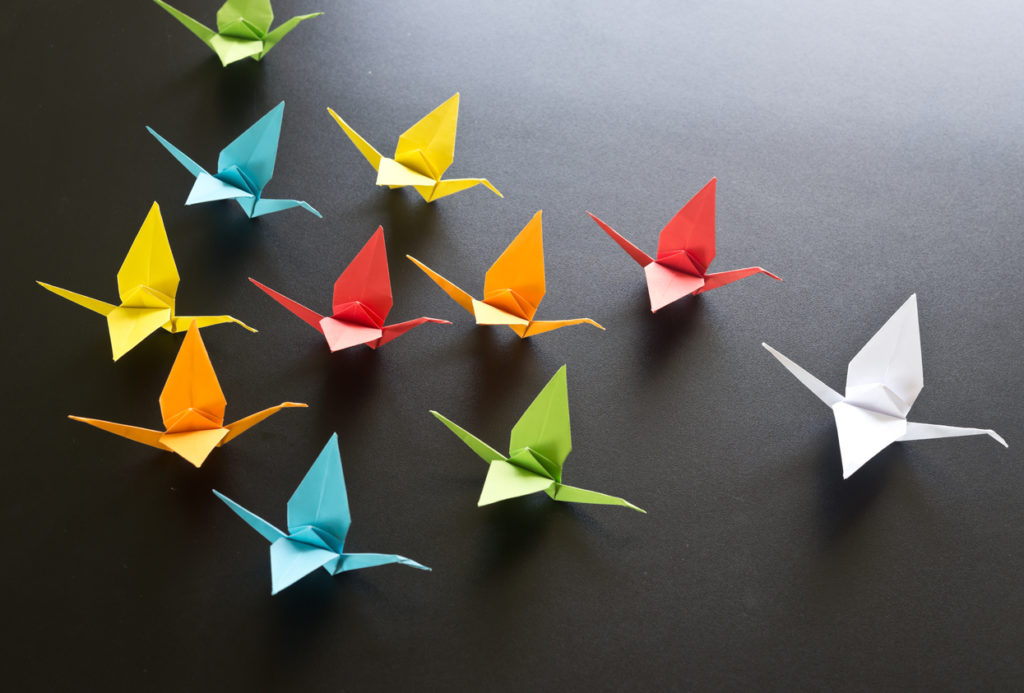
Looking into the future
My six-year old’s retelling of the event featured her touching one of the flags while participating in the group photo of kids and official guests. Although my older daughter seemed more excited about being with her friends than being at the ceremony itself, it is her experience of the Tokyo Games that I am most looking forward to. She will be 15 years old then, and I’m hoping that the Games will transform this metropolis into a truly international city that is vibrant with various languages, customs and expectations. I imagine that the atmosphere will create in her a desire to be an active part of such a society and to revel in her currently neglected English-language skills.
I’m hoping that the Games will transform this metropolis into a truly international city that is vibrant with various languages, customs and expectations.
But an occurrence during the event left me thinking: what are we all dreaming for when we thinking of the Tokyo 2020 Olympics?
Double Standards
Among the official guests at the Ikebukuro flag tour ceremony was Nobuaki Kyoya, a wheelchair-bound man who represented a welfare association for the disabled. There was no ramp attached to the stage, which left him dependent on the others: he had to be lifted on and off by a small group of people – a sight unimaginable at the Paralympic Games themselves.
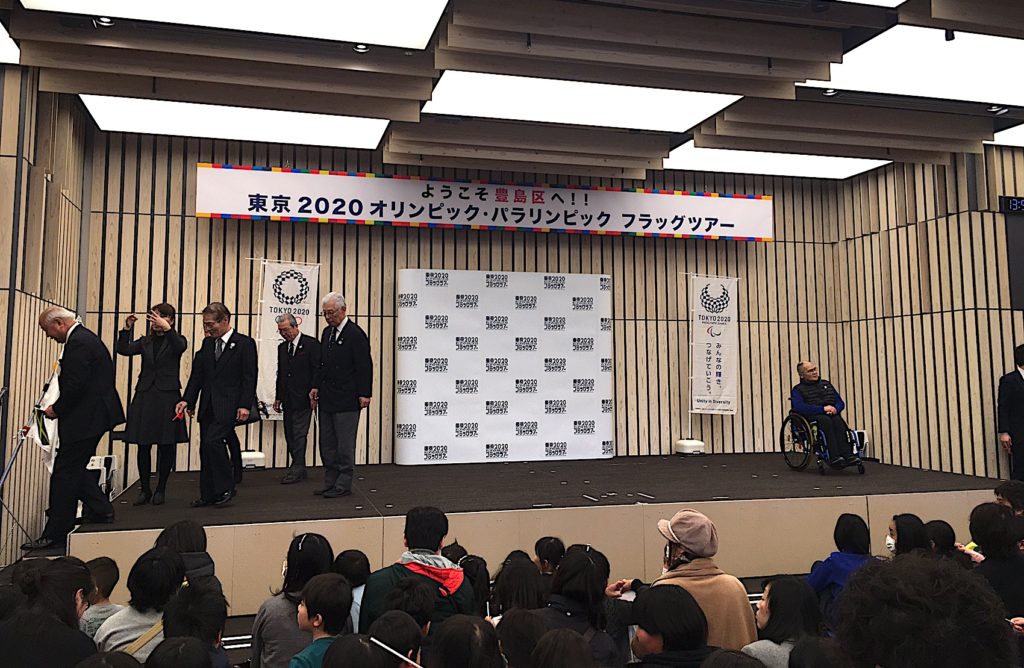
When the other official guests exited the stage at the end of the ceremony, Mr. Kyoya was left waiting alone. The event was held to demonstrate the omotenashi spirit of Tokyo, but this man was treated with very little hospitality. When I asked the Toshima Ward organizers about it later, they agreed. They also said that currently they have no ramp that can be used with that stage at their less-than-two-year-old facility. They also have only one set of stairs for use with that stage, and because the people who helped Mr. Kyoya off the stage needed stairs, they had to wait for the other guests to exit first before they could then help get him down.
The event was held to demonstrate the omotenashi spirit of Tokyo, but this man was treated with very little hospitality.
Is Tokyo really ready?
Will Tokyo be ready to meet everyone’s needs by 2020? As of present, certainly not. But we can hope — hope that holding the Paralympic Games in Tokyo will teach the country to always have infrastructure for the disabled intact. It’s a logical step in preparing for the continued ageing of Japanese society and should also help combat Japan’s labor shortage by getting as many people as possible active in the community. Creating a level playing field in this way is, to me, the definition of an international city — one that welcomes everyone, on their own terms.
“I want to see an end to the idea that people with disabilities have it hard or are to be pitied,” Rio Paralympic bocce group silver medallist Hidetaka Sugimura said in an interview in the March 2020 Tayori newsletter of the Tokyo Games’ Committees. “Even if someone has a disability, we all live each day with a dream or goal or some life purpose. There’s probably not much difference between the disabled and able-bodied.”
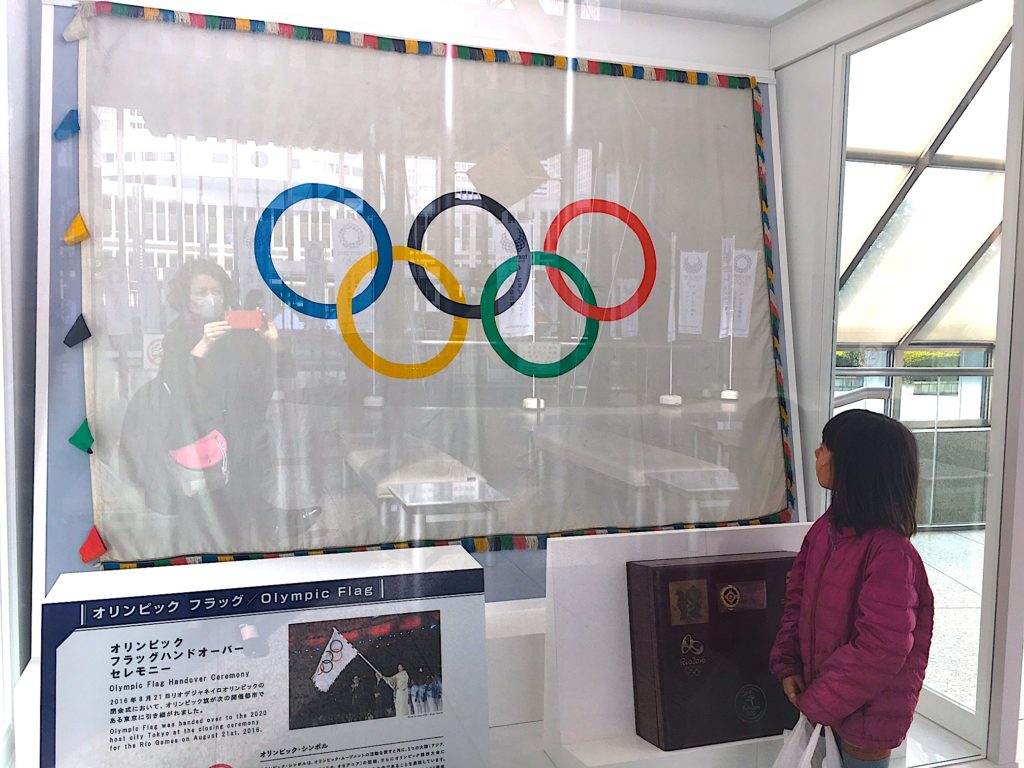
It is a sad, but true fact that the Japanese society is traditionally not fully open to appreciating disability or difference, instead declaring itself an upholder of unity. But how can one truly create unity without accepting the parts that make up the whole? And can the country be successful if it fails at acknowledging this?
The Olympic and Paralympic Games offer a chance for Japan to become a nation that its own people can be proud of. A nation and a people that care less about losing face to their neighbors and more about being the best they can be, on their own terms. The only way to do this is by addressing everyone participating in the Games equally, and with respect that is based on their own wishes.
To me, the definition of an international city [is] one that welcomes everyone, on their own terms.
Many years ago, when I first came to Japan, people here would ask me, “What is your dream?” Now I want to know, what is Japan’s dream? What kind of society do we want to create together? If the Games can start that dialogue, it will create a real legacy for the nation.












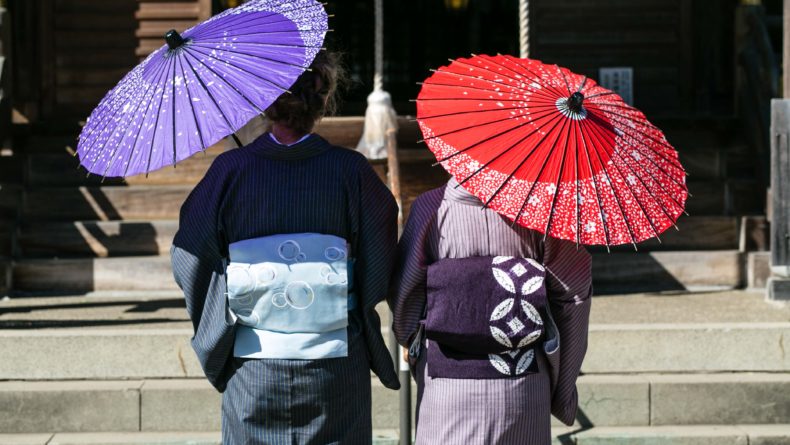

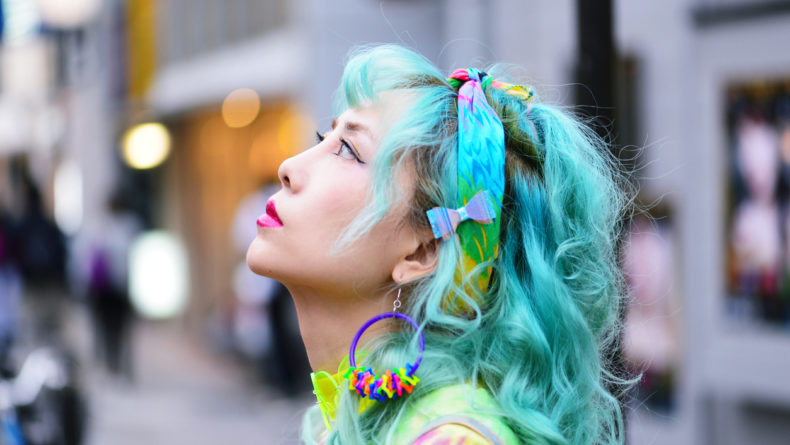
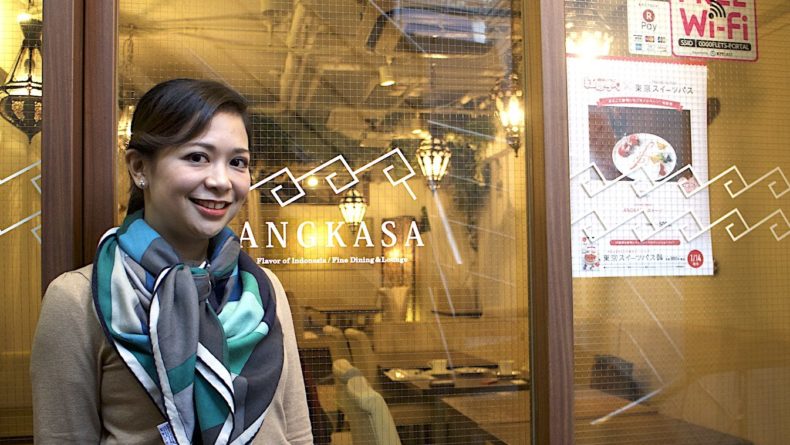
Leave a Reply